

Opening Thoughts
Hello everyone, I'm Xiao Ming, an old hand in blockchain. I remember the first time I encountered Bitcoin - it was during a late night in 2017 when a friend messaged me: "Brother, want to get in?" That's how I started my cryptocurrency journey. After experiencing so many ups and downs over the years, my deepest realization is: in this space, security protection is more important than investment.
To be honest, during my years in this field, I've witnessed too many heartbreaking stories. Some friends lost priceless bitcoins due to improper storage, while others lost all their savings after falling for so-called "insider information". To my knowledge, in just the first half of 2023, global cryptocurrency theft and fraud losses exceeded $5 billion, a staggering figure.
Last year, a friend in the industry was targeted by hackers after showing off his investment gains on social media, ultimately losing nearly 2 million. These painful lessons teach us that in this field, we cannot relax our security awareness for even a moment.
The Essence of Security
To discuss cryptocurrency security, we must first understand its essence. Many newcomers think Bitcoin, Ethereum and other digital currencies are just intangible things. In fact, they represent real asset value.
Take myself for example - when I first entered the space, I thought security protection was just about setting a complex password. Until one time, I watched a friend lose dozens of ETH by making a simple operational mistake and sending to the wrong address. That's when I truly realized the importance of security protection.
In the traditional financial world, banks provide multiple layers of protection for our assets. There are safes for storing cash, security guards patrolling 24 hours, and various advanced monitoring systems. But in the cryptocurrency world, these physical protections become virtual security measures. Your private key is your safe key, your wallet is your safe, and blockchain technology plays the role of a tireless guardian.
This reminds me of what my cousin who works at a bank once said: "In traditional banking, we have multiple layers of protection, but in the cryptocurrency world, you are your own bank." This simple statement captures the core of cryptocurrency security - all security measures need to be controlled by users themselves.
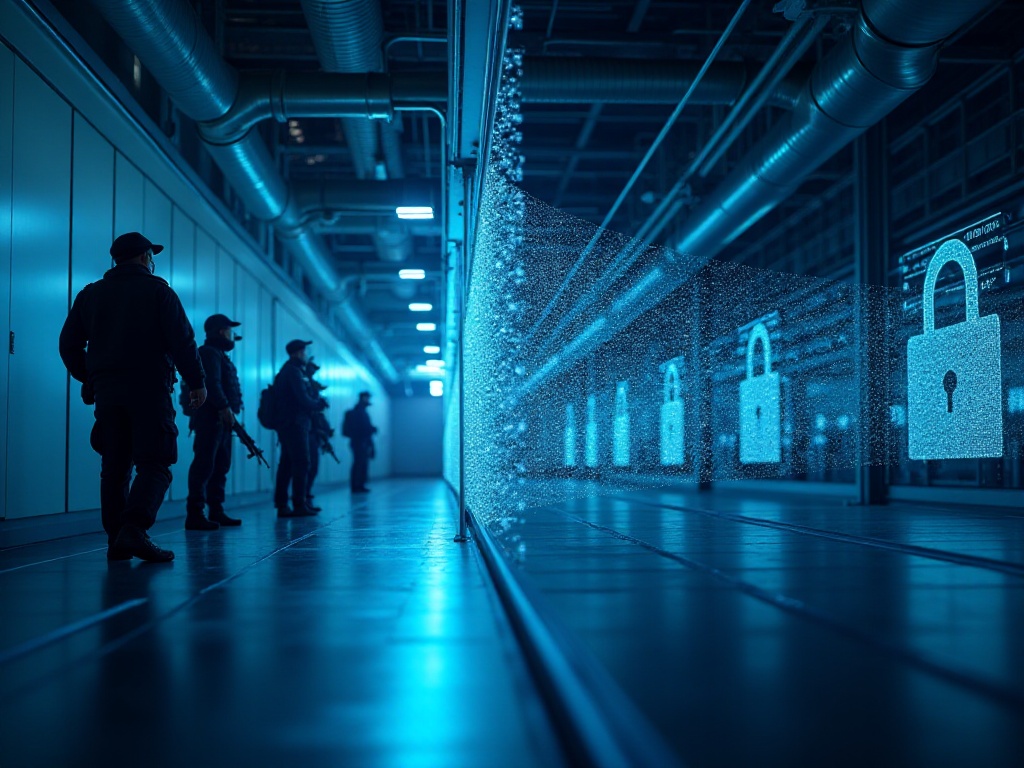
Decentralized Protection
When it comes to cryptocurrency security features, we must mention its decentralized nature. This concept might sound abstract, so let me use an analogy.
Imagine putting all your money in one bank - it's like putting all your eggs in one basket. If that bank has problems, your assets face huge risks. But the decentralized system used by cryptocurrencies is like storing your assets in countless safes around the world. Even if some safes have issues, your assets remain secure.
An IT friend often tells me: "Decentralization isn't just a technology, it's a mindset." Indeed, it has changed our traditional understanding of asset security. In the cryptocurrency world, there's no "central bank" protecting your assets, but it's precisely this distributed architecture that makes the entire system more secure.
I remember when a well-known centralized exchange collapsed in 2022, many investors who kept all their assets on the platform suffered heavy losses. However, users who understood the advantages of decentralization and stored their assets in a distributed manner were able to minimize their risks. This is the security advantage that decentralization brings us.

Private Key Rules
Now for the most important part - private key management. Why do I repeatedly emphasize this point? Because in the cryptocurrency world, your private key is everything. It's not just the key to your assets, it's proof of your digital identity.
I'll never forget that night in 2019 when a friend who had been investing in cryptocurrencies for years called me, his voice trembling. He had stored his private key in his phone's notes, and after his phone was hacked, bitcoins worth millions were transferred away in minutes. This incident deeply affected me, and since then, I've become almost obsessive about private key management.
The most basic principle of private key management is: never store it on network-connected devices. This includes phones, computers, cloud storage, and all devices that can connect to the internet. My approach is to use multiple paper backups stored in different secure locations. Some friends say this is too troublesome, but compared to potential asset losses, what's a little trouble?
For large assets, I strongly recommend using hardware wallets. A hardware wallet is like a specially customized safe - it can ensure private key security even when used on a virus-infected computer. I personally use several well-known hardware wallets available in the market. Though expensive, this investment is very worthwhile compared to the value of assets being protected.
Additionally, I especially recommend using multi-signature mechanisms. Simply put, multiple private keys are required to confirm transfers. It's like adding multiple locks to your safe - even if one key is lost or stolen, your assets remain secure.
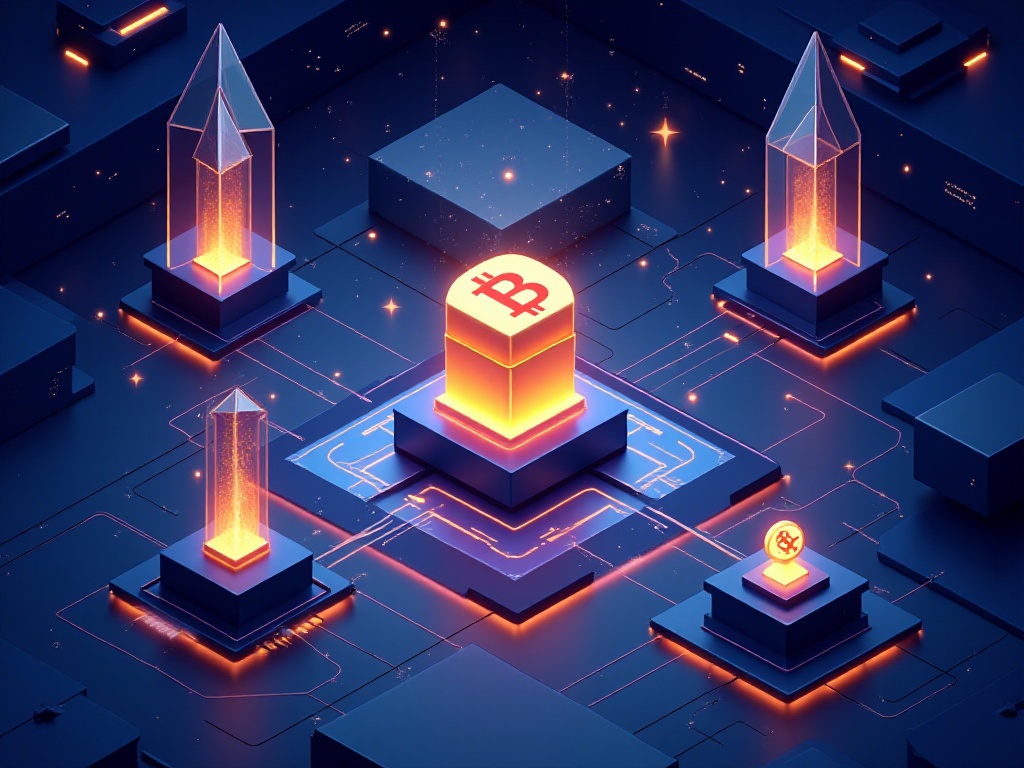
Wallet Selection
When it comes to wallet selection, there's much to consider. I've used almost all mainstream cryptocurrency wallets on the market and know deeply that each wallet has its pros and cons. Choosing the right wallet is like choosing the right safe - it needs to be based on your specific needs.
First, security is the primary consideration. A good cryptocurrency wallet must support two-factor authentication (2FA). This is like adding an extra security lock to your assets - even if the password is leaked, hackers can't access your assets without the second authentication.
I especially recommend that newcomers check the wallet's update frequency when choosing one. Because in the cryptocurrency world, security threats are constantly evolving, only frequently updated wallets can patch security vulnerabilities in time. I've seen cases where some small wallets were hacked due to lack of updates.
For asset storage, I use a combination of cold and hot wallets. Hot wallets are like our pocket money wallets, used for daily small transactions; cold wallets are like safes, used for storing large assets. This configuration ensures both convenience of use and asset security.
Last year, I attended a blockchain security forum where a security expert said something memorable: "Choose a wallet with the attitude of choosing a marriage - careful selection, long-term commitment." Indeed, wallet selection isn't a one-time decision but a relationship that needs long-term maintenance.
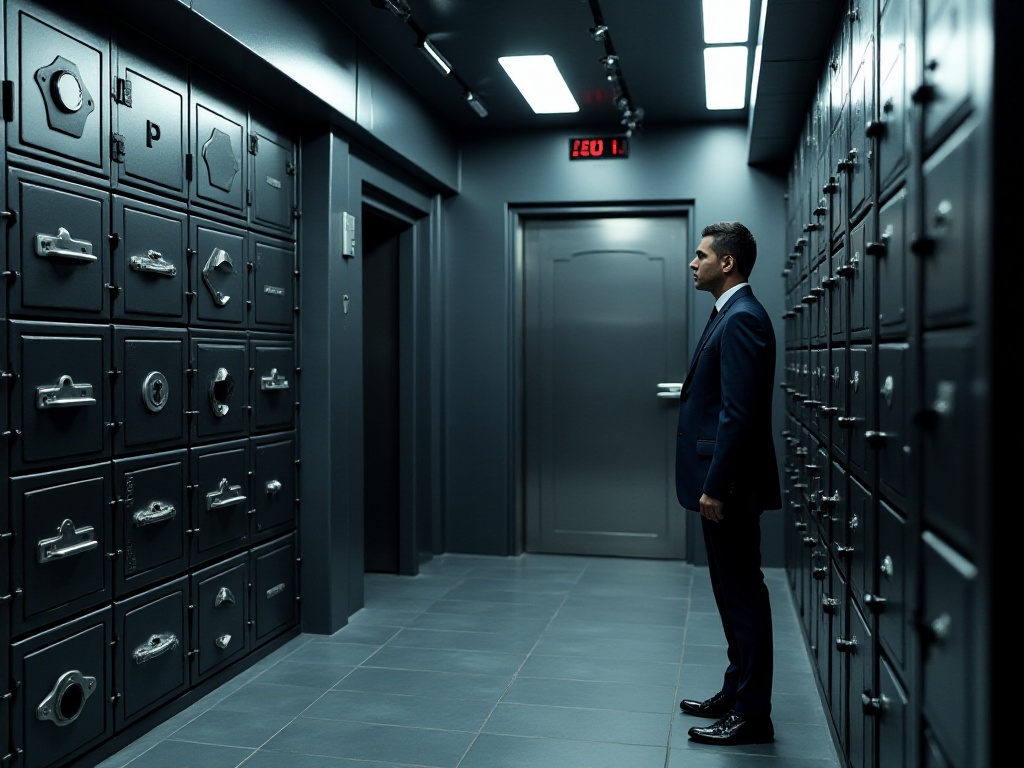
Risk Prevention
Regarding risk prevention, phishing attacks are what we need to be most vigilant about. These attack methods are constantly evolving and difficult to guard against. In my many years in the industry, I've seen too many smart people fall for these.
The most common are phishing websites. These sites usually mimic well-known exchange interfaces, with domain names differing by just one letter. I had a friend who accidentally clicked on an ad link while searching for Binance on Google, ending up on a phishing site. After entering his account and password, hundreds of thousands in assets vanished instantly.
Another common scam is fake customer service. They'll contact you through email or social media, claiming your account has abnormalities and needs private key verification. Remember, any request for your private key is a scam, no exceptions! Legitimate exchanges or wallet service providers will never ask for your private key.
Social media scams also need special attention. I've seen people on Twitter fall for activities supposedly launched by the "Binance CEO," promising double returns for sending certain amounts of coins. The result is predictable - these are all scams. Remember one principle: if an offer seems too good to be true, it probably is a scam.
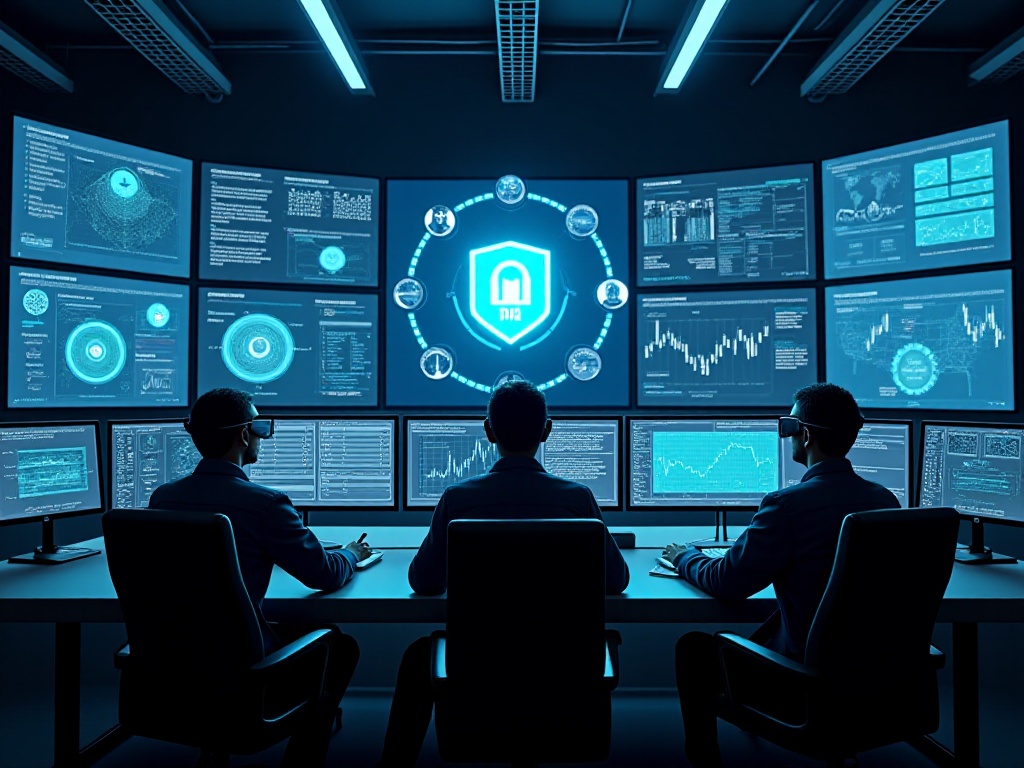
Practical Suggestions
Over the years of practice, I've developed a relatively complete security protection system. First is asset-level management. I classify funds into several levels based on asset size and frequency of use:
For small amounts used daily, I keep them in mobile wallets for convenient operation. This portion generally doesn't exceed 5% of total assets, so even if problems occur, losses are acceptable.
For medium-scale assets, I use desktop wallets. These wallets are more secure than mobile wallets but still relatively convenient to operate. However, note that computers using desktop wallets must be well-protected with reliable antivirus software, and preferably dedicated to cryptocurrency operations.
Large assets must be stored in hardware wallets, and I use multi-signature mechanisms. Specifically, I split the private key into several parts stored in different secure locations. Assets can only be accessed with multiple signatures simultaneously, so even if one signature is leaked, assets remain secure.
Second is regular security checks. I check all security measures periodically, including: 1. Checking if wallets are updated to the latest version 2. Verifying backups are intact 3. Confirming various authentication methods work normally 4. Checking transaction records for anomalies
Third is emergency plan preparation. I suggest everyone holding cryptocurrencies prepare an emergency plan for various possible emergencies. For example: - What to do if hardware wallet is lost? - What to do if backup private key is stolen? - What to do if computer is infected with virus?
With these plans, you won't panic in emergencies.
Another important point is maintaining vigilance. The cryptocurrency industry develops rapidly, and new security threats constantly emerge. We must continue learning and stay updated with the latest security knowledge and protection measures.

Future Outlook
As the cryptocurrency industry continues to develop, security protection technology is also advancing rapidly. Now there are dedicated cryptocurrency security standards (CCSS) to regulate various security technologies and methods. This reminds me of several years ago when I first entered the space - even basic two-factor authentication wasn't standard, but now it's become the most basic security requirement.
Looking ahead, I believe biometric technology will play an increasingly important role in cryptocurrency security. Imagine confirming transactions with iris scans or fingerprints - isn't that much safer than entering long passwords? Additionally, with the development of quantum computing technology, we may need to develop new encryption algorithms to address potential security threats.
I particularly look forward to seeing more innovative security solutions. For example, some projects are researching AI-based abnormal transaction detection systems that can alert at the first sign of hacker intrusion. Some teams are developing social recovery features allowing users to recover lost private keys through trusted social networks.
Finally, I want to say that security protection isn't something achieved overnight but a systematic project requiring continuous time and energy investment to maintain. Just like we have regular physical checkups, our cryptocurrency assets also need regular "security checkups."
After saying all this, I wonder what new understanding everyone has about cryptocurrency security? Security protection is indeed important, but don't be overly nervous. As long as we master the correct methods and develop good habits, we can effectively protect our digital assets.
Here's a question to think about: In cryptocurrency security, do you think technology or awareness is more important? Or are there other important factors we're overlooking? Welcome to share your thoughts and experiences in the comments.

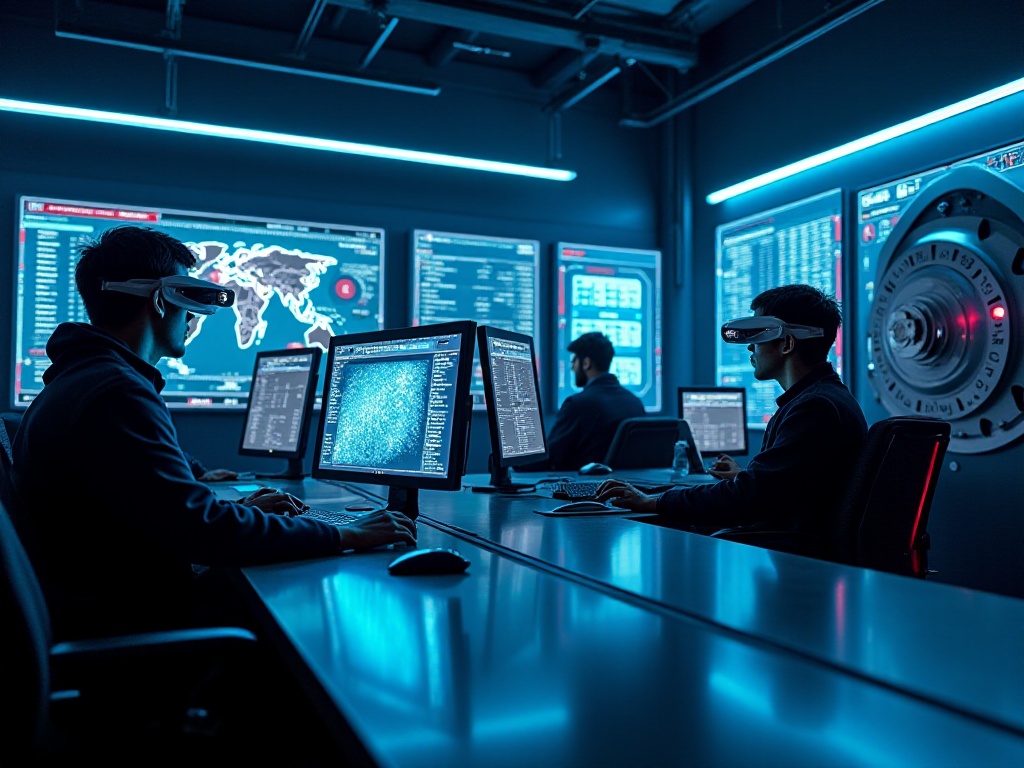

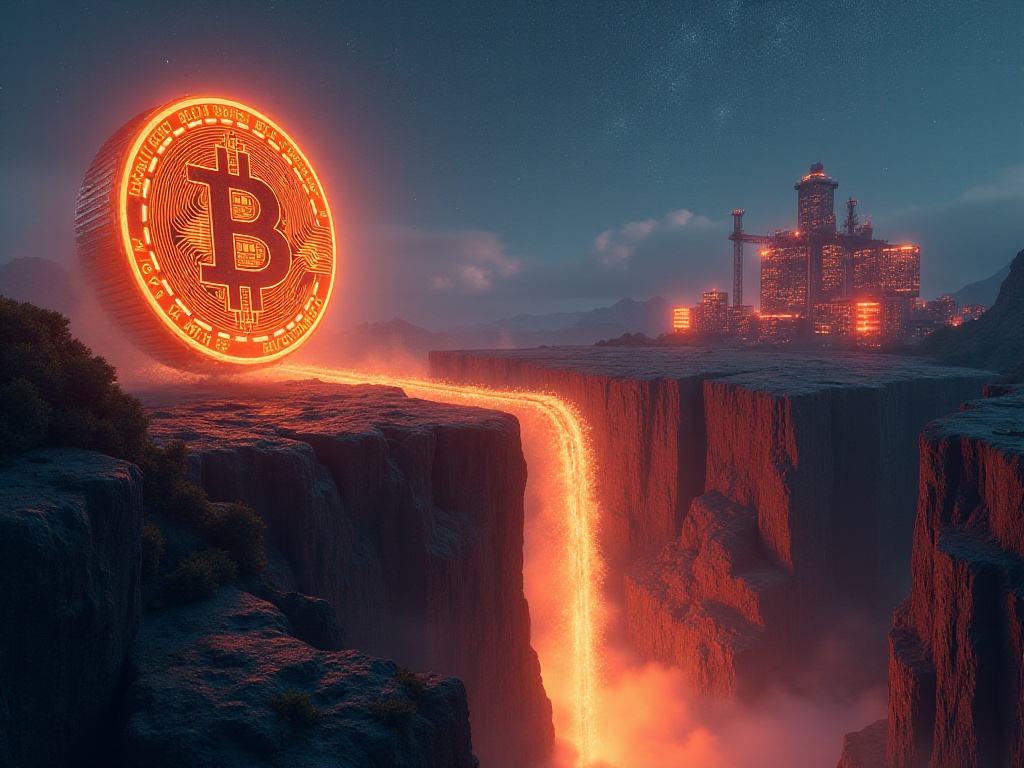


 Français
Français Deutsch
Deutsch Русский
Русский Português
Português Español
Español Italiano
Italiano Türk
Türk
